Use of Neem oil on C. japonica
bubba62
16 years ago
Related Stories
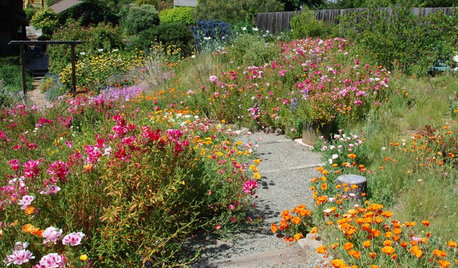
EARTH DAYHow to Design a Garden for Native Bees
Create a garden that not only looks beautiful but also nurtures native bees — and helps other wildlife in the process
Full Story
GARDENING GUIDESHow to Keep Your Citrus Trees Well Fed and Healthy
Ripe for some citrus fertilizer know-how? This mini guide will help your lemon, orange and grapefruit trees flourish
Full Story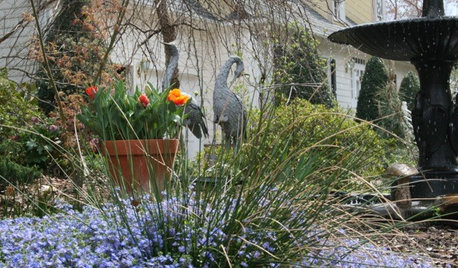
SOUTHEAST GARDENINGSoutheast Gardener's January Checklist
Resolve to see your garden with fresh eyes this year while you plant, plan and take care of necessary maintenance
Full Story
GARDENING FOR BUTTERFLIESGardening for the Bees, and Why It’s a Good Thing
When you discover how hard bees work for our food supply, you may never garden without them in mind again
Full Story
GARDENING AND LANDSCAPINGBid Bad Garden Bugs Goodbye and Usher In the Good
Give ants their marching orders and send mosquitoes moseying, while creating a garden that draws pollinators and helpful eaters
Full Story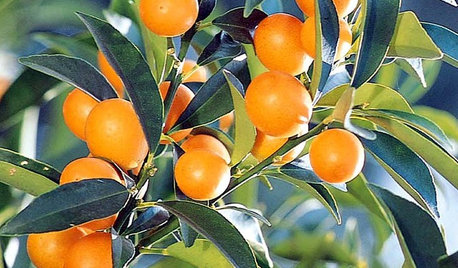
GARDENING GUIDESGreat Design Plant: Kumquats for a Juiced-Up Winter
Grow it for the edible fruit or its good looks alone. This citrus cousin will brighten any gray winter day
Full Story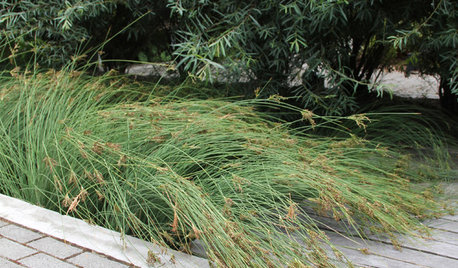
GARDENING GUIDESProtect a Precious Resource With a Rain Garden
Promote pure water and a beautiful landscape with a garden design that makes the most of the rain
Full Story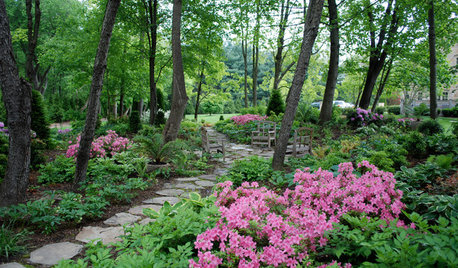
GREEN BUILDINGBuilding Green: How to Design a Healthier Landscape
Plant selection, water management, fire-prevention measures and more can ensure that your landscape is good for the planet and for you
Full Story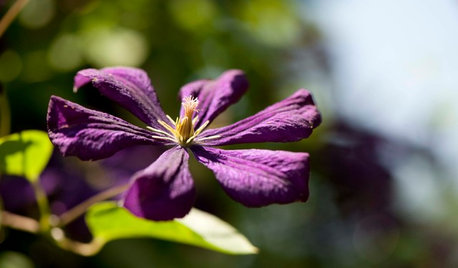
GARDENING GUIDESSoutheast Gardener's March Checklist
Start fresh by envisioning new plant combinations as you tend to fruit trees and rosebushes — and watch out for those darned voles
Full StoryMore Discussions






luis_pr
rhizo_1 (North AL) zone 7
Related Professionals
Deer Park Landscape Architects & Landscape Designers · Kyle Landscape Architects & Landscape Designers · Suffern Landscape Architects & Landscape Designers · Roxbury Crossing Landscape Architects & Landscape Designers · Battle Ground Landscape Contractors · Beachwood Landscape Contractors · Cicero Landscape Contractors · Cornelius Landscape Contractors · Corona Landscape Contractors · Fort Myers Landscape Contractors · Metairie Landscape Contractors · Oviedo Landscape Contractors · Pine Hills Landscape Contractors · Rockland Landscape Contractors · Sudley Swimming Pool Buildersbubba62Original Author